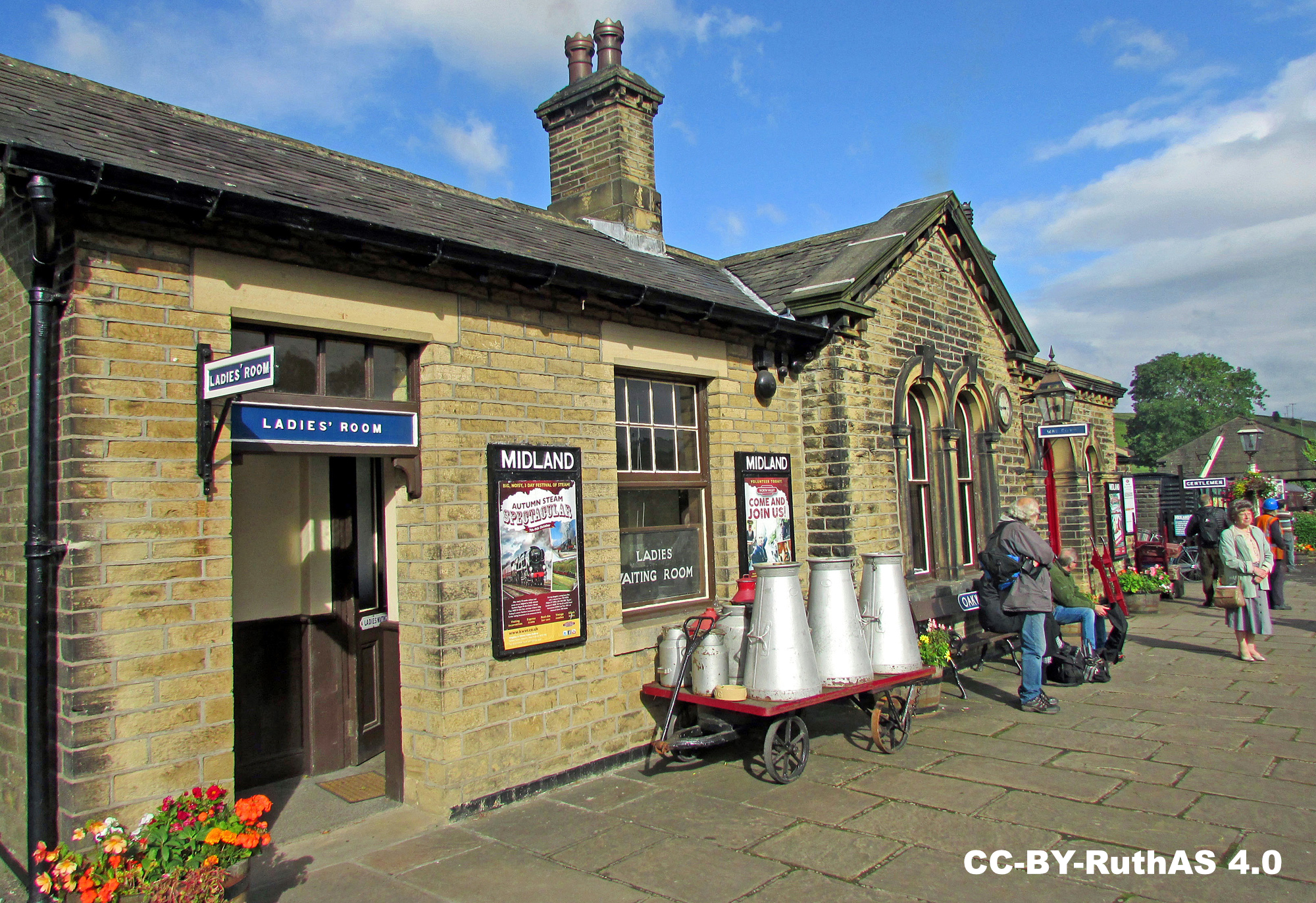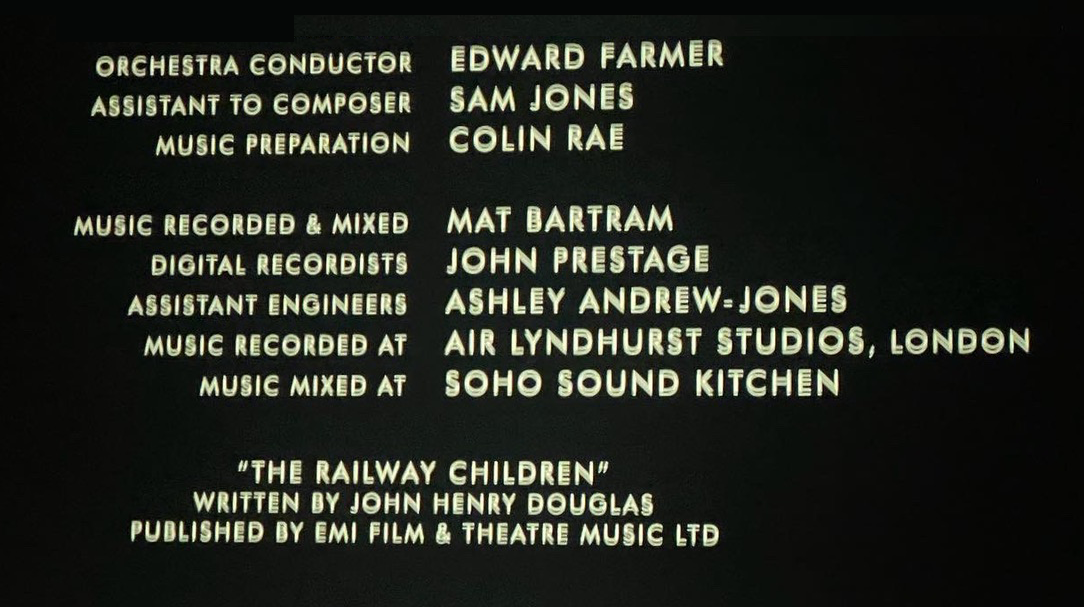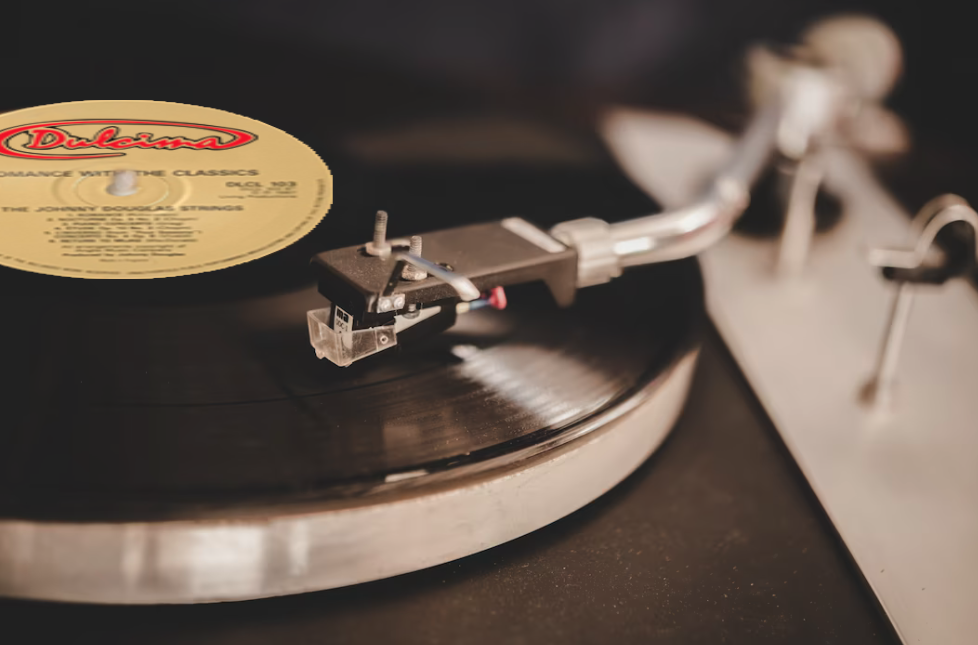The Railway Children
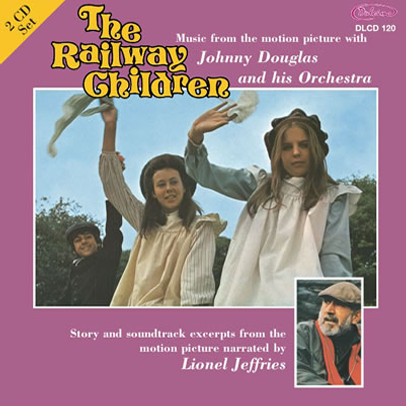
Compact Disc DLCD 120
The Railway Children Overture
The First Meeting with the Railway Children
A Happy Homecoming
The Robbers
The Birthday Waltz
More Than Ever Now
Two original albums, digitally re-mastered to make a 2-CD set featuring Johnny Douglas and his orchestra playing music from the motion picture and Lionel Jeffries narrating the story with extracts of dialogue and theme music from the film. The result is an enchanting double album that will delight both adults and children.
The Railway Children Story
The story of the making of The Railway Children started when Lionel Jeffries was sailing in the Queen Elizabeth with his family to New York. During the voyage his daughter Martha had been reading The Railway Children and said “Daddy, this is a lovely thing. This should be made into a film shouldn’t it?” Lionel immediately read the book, agreed with Martha and started writing a screenplay, which was ultimately accepted by EMI Film Productions. It was decided that the picture should be shot almost entirely on location. Because the beginning of the story involved a comparatively short sequence in the family’s London house, an empty house in Hampstead, London was decorated and furnished in the Victorian style and the cameras were set up there.
The chief action in the story takes place in the little cottage ‘Three Chimneys’ and by the railway. Producer Robert Lynn surveyed many places and was able to secure the stretch of line privately operated by the Keighley and Worth Valley Railway, which runs from Keighley to Oxenhope. This line, together with the special steam engines and rolling stock of the period, was extensively used in the making of the picture. To obtain the right railway sounds, Robert Lynn hired the services of a great enthusiast, Peter Handford, as Yorkshire location sound mixer. Actual filming on the railway was particularly tricky because of the necessary re-takes. A railway engine and train cannot be turned around like an actor. It needs a turn-table to effect this. So the shooting schedule for this part of the film was finely detailed by production manager David Griffith.
Another important sequence in the picture concerns a landslide on to the railway track. Immense trouble was taken to make sure that this should be absolutely realistic. A big branch across the rails would not be good enough – it was determined that there should be a real landslide and special engineers were hired to ensure this.
Much of the incomparable Bronte country of the West Riding of Yorkshire appears in all its splendour in the film and one sequence was shot in the Vicarage at Howarth where the Bronte sisters wrote their memorable prose. In every respect, perfection was the aim in each department of the making of The Railway Children, a delightful film that would offend no one and please many millions. This double album will delight both adults and children alike.
Disc 1
- The Railway Children Overture, 4.54
- Roberta’s Theme, 4.14
- Mother’s Theme, 3.09
- The Robbers, 2.10
- The Paper Chase, 2.36
- A Kindly Old Gentleman, 3.13
- Perks Must Be About It, 2.18
- The Birthday Waltz, 3.51
- The Railway Children Finale, 3.31
- More Than Ever Now, 3.35
Disc 2
- The First Meeting with the Railway Children, 4.57
- The First Meeting with Mr Perks, 3.50
- The First Meeting with the Old Gentleman, 4.38
- Befriending the Russian, 4.19
- The Landslide, 5.25
- Perks’ Birthday Party, 8.16
- The Truth is Uncovered, 3.02
- The Paper Chase Rescue, 3.23
- A Surprise Visitor, 3.18
- A Happy Homecoming, 5.09
50th
Anniversary
On the 4th March 1970, composer Johnny Douglas was nominated for a BAFTA for The Railway Children music. To celebrate the 50th Anniversary of this fabulous film and music we chatted to the wonderful Jenny Agutter on the 3rd March 2021.
Johnny Douglas pictured with Lionel Jeffries.
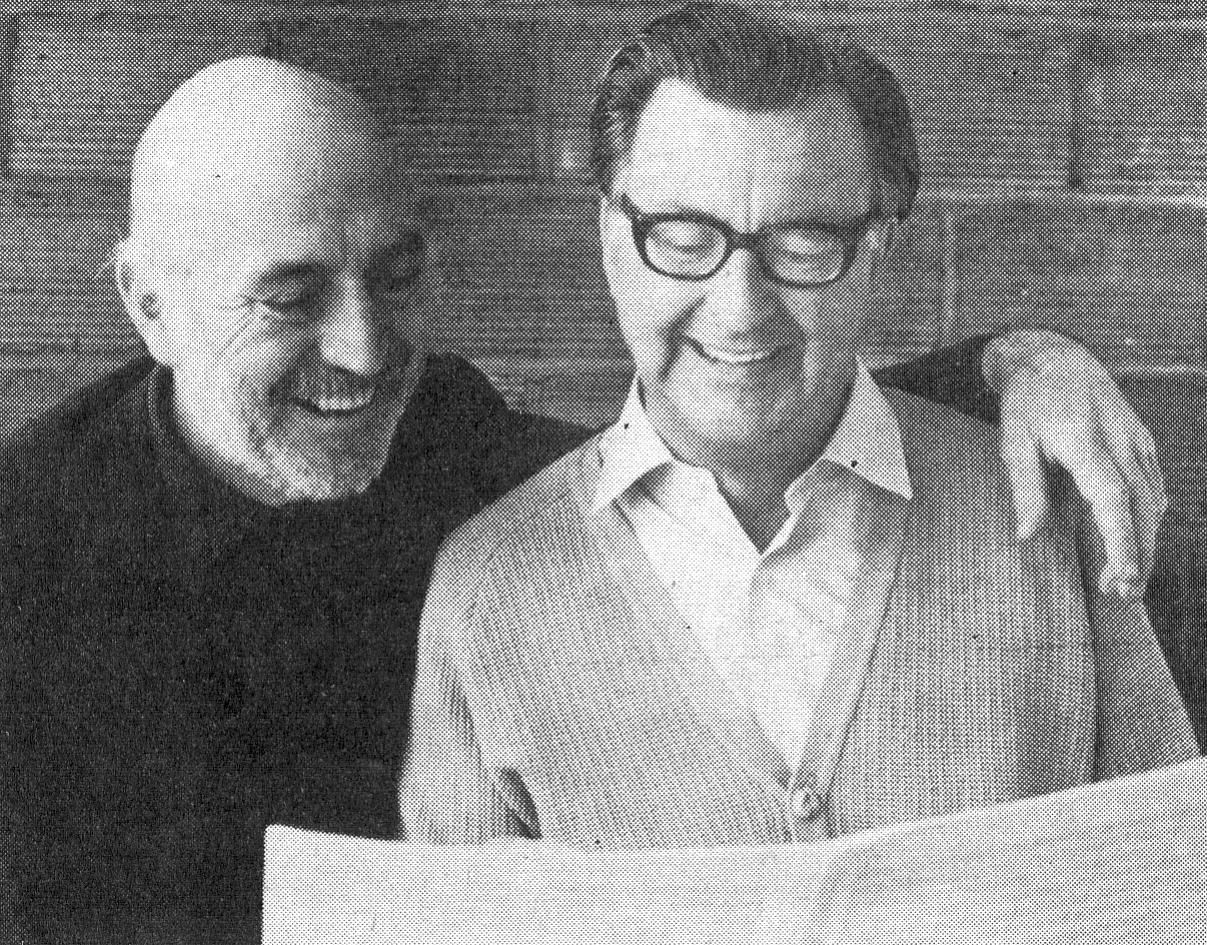
Film credits The Railway Children Return – 2022 film.
Quotes from Johnny Douglas when interviewed about The Railway Children:
I couldn’t believe my luck when Robert Lynn approached me. Some years previously I’d composed music for a film he’d made called ‘Victim Five’. He liked my work and he remembered me.
The really wonderful thing about it was that I had been called in from the start. I first read the script and got the feel of the subject. Then Lionel called me in and I knew from the outset that we were going to produce something very special.
My main theme for the film is called ‘More Than Ever Now’ which is what I’d call a good melody – the type of thing which everyone will be humming; something easy on the ear, easy to remember. Catchy, you might say.
What was so helpful to me was the fact that Lionel knew exactly what he wanted. In my very varied experience in all types of music I’ve found that when someone is able to explain just what he wants I’m able to give them what they want.

